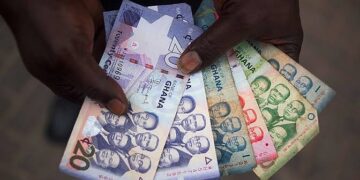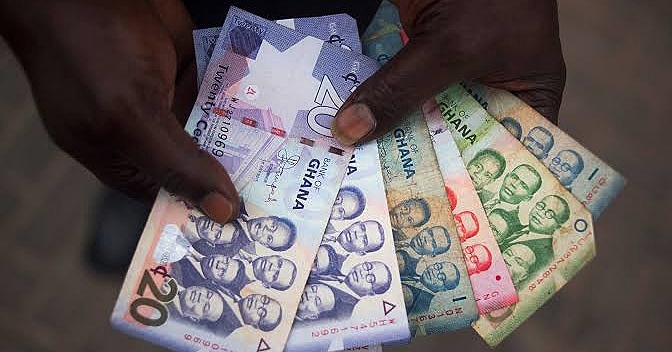By John Ikani
Ghana’s Central Bank has taken a decisive step in the battle against surging inflation by raising key interest rates by 30%, signifying a 0.5% increase.
The announcement followed the apex bank’s monetary policy meeting on Monday.
Governor Ernest Addison of the Bank of Ghana stressed that the interest rate hike had become necessary to maintain a favourable disinflation trend.
Following four consecutive months of decline from a record 54.1% year-on-year in December, consumer inflation (GHCPIY=ECI) showed a slight increase in May and June.
“You will continue to see policy tightening until we get inflation where we want it to be,” Addison stated during a news conference.
The governor also stressed the significance of considering fiscal policy in tandem with monetary measures.
He stated, “Monetary policy alone cannot deliver that low inflation. We expect that, you know, the fiscal side of the work would also have to come in, … not to have these persistent increases in the policy rate.”
As Ghana’s Finance Minister, Ken Ofori-Atta, prepares to present his mid-term budget review to parliament on Tuesday, Governor Addison’s call for fiscal consolidation gains significance.
He affirmed the central bank’s commitment to closely monitoring inflation figures in the coming months and adjusting policies accordingly.
However, it remains uncertain whether Ghana’s administration has formally engaged with its bilateral creditors regarding debt restructuring.
What you should know
The increase in interest rates is aimed at elevating the cost of borrowing money, strategically reducing consumer spending.
The West African nation, known as the gold coast, has been grappling with an economic crisis fueled by soaring living costs, mounting public debt, and an inflation rate currently exceeding 42%.
Adding to the nation’s woes, the World Bank projected that the escalating cost of living, coupled with declining purchasing power and rising food prices, could lead to an additional 850,000 Ghanaians falling into poverty by the end of 2022.
In an effort to stabilize its economy while implementing debt restructuring and other revenue-boosting measures, Africa’s top gold producer secured the first instalment of a $3 billion rescue package from the International Monetary Fund, amounting to $600 million (£518 million).



































